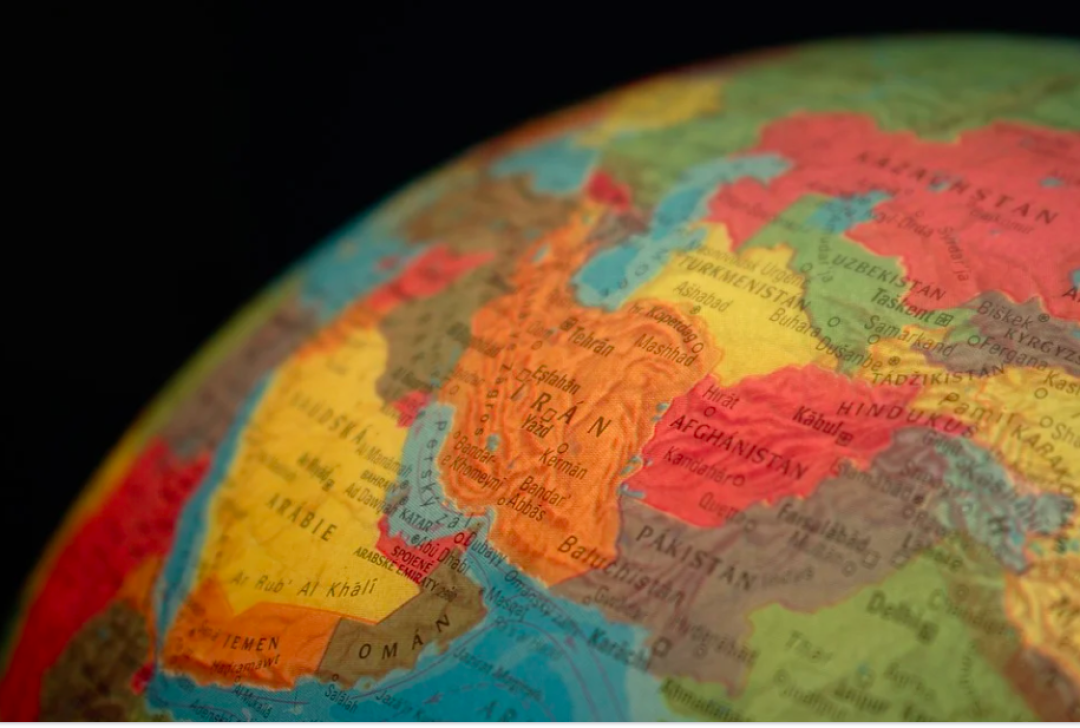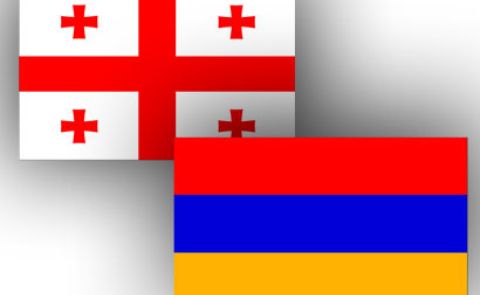
Growing Role of South Caucasus For Iran

Under the Raisi government Iran seems to pursue an increasingly diversified foreign policy. China and Russia play a critical role in this thinking. Changes also involve Iran’s vision of the South Caucasus which has lately been of bigger importance to the Islamic Republic.
Today, the main concern of the new Iranian government is to rectify the difficult economic situation in the country. This will only be possible by lifting US sanctions, the possibility of such is actively being negotiated in Vienna.
The second important direction of the Islamic Republic is to pursue a multi-vector foreign policy in a multipolar world. This means using China’s rise to balance against the pressure from the West. This is precisely why Tehran has worked hard to, and eventually been granted after years of negotiations, a permanent membership in the Shanghai Cooperation Organization (SCO). Recently Iranian media also reported that Tehran is in active talks with Moscow to prepare a comprehensive economic cooperation agreement. In Iran’s thinking building closer ties with two poles in Eurasia has enhanced Iran regional position.
Politicians in the Islamic Republic, however, do not have high expectations that China and Russia will abundantly invest in Iran. Both remain ambivalent at best because of the remaining American sanctions. As an example, the 25-year economic cooperation agreement signed between Iran and China has not yet produced as significant results as described in the deal. Nevertheless, what is crucial for Iran is to show that the country can maneuver and gain an alternative economic and political lifeline amid difficult relations with the West. The Islamic Republic also aspires to position itself as a hub of regional and Eurasia-wide infrastructure projects. Revival of the concept of silk roads which crisscrossed the Iranian plateau in ancient and medieval times is now back on agenda especially when China, the EU, Russia, and India are promoting their integration projects.
Iran is not only adjusting to the emerging multipolar world by trying to use it to its benefit but is also re-considering its position in the South Caucasus. The region has been of relatively little importance for the Islamic Republic compared to the Middle East. This, however, could be changing amid radical geopolitical shifts taking place in the South Caucasus. 2020 culminated in the second Nagorno-Karabakh war which drastically changed the status quo since the 1990s. The shift undermined Iran's position in favor of Russia and Turkey. Russia’s peacekeeping gambit bit at Iran’s position, but it is the growing Turkish influence that really causes fears as Ankara’s reach now extends far beyond Azerbaijan into the Caspian region and Central Asia. Russia has been a dominant power in the South Caucasus for over two centuries, Turkey, on the contrary, is a disruptor which brings about a new reality to the region. For Iran it is more comfortable to deal with the well-known competitor rather than dealing with a more dynamic actor.
This realization was evident in the last stages of Rouhani’s presidency, but the outgoing administration had little time to build an effective balancing strategy in the South Caucasus. It was under the Raisi administration that the urgency to deal with Iran’s rather weakened position in the region translated into diplomatic activism and a dangerous standoff with Azerbaijan. Immediate reasons behind Tehran’s moves varied and were based primarily on alleged Israeli military and intelligence presence in the region, especially Azerbaijan. But longer term developments are what really matter to Iran and here the Azerbaijan-Turkey alliance and Ankara’s growing military and political clout has been a single most important driver for Iran’s policies.
Yet another tool for Tehran to strengthen its position in the region has now been doubling down on its efforts to play a bigger diplomatic role in the South Caucasus. Iran does not enjoy the same level of comfort as Russia and Turkey do since the latter two have military allies. To mitigate this disadvantage Iran actively pushes for the creation of 3+3 platform which ideally would unite Armenia, Azerbaijan, and Georgia along with three large powers bordering on the South Caucasus and give Iran a tool to play a bigger role in the regional affairs.
Along with Moscow Iran seeks to close off the region to outside powers, especially the West. NATO expansion is a non-starter for Tehran as much as it is for Moscow. Somewhat similar views are shared by Ankara, but the latter sees the importance of having a certain Western influence, albeit limited, in the South Caucasus as it would allow Turkey to balance Russia’s exorbitant power.
Yet Iran’s diplomacy faces a challenge since not all countries are eager to join the initiative. For example, the 3+3 platform is not beneficial to Georgia. The reason is clear: it has no ally in the region and, as the country has small economic and military potential, it is unlikely to see benefits from participating in the grouping dominated by Russia which has turned military power into a primary political tool.
In fact, the public discourse in Georgia is quite monolithic regarding platform participation as a potential danger. The expectation is that Russia will use this initiative to pursue its interests against Georgia by essentially forcing Tbilisi to participate in projects that could be damaging for Georgia.
For Iran the 3 + 3 platform is an attempt to establish the idea of "regionalism." This concept implies the sidelining of non-regional forces from the South Caucasus. A similar process is taking place in Central Asia and the Caspian Basin. The emerging order of exclusion is a fairly broad issue, but these changes taking place in the South Caucasus reflect the ongoing global changes, where Eurasian forces are resisting the collective West, creating a new order where their positions will be more solid. Iran regards the South Caucasus through the lens of great power competition and changing balance of power in Eurasia. The region has thus gained larger importance in Tehran’s foreign policy – a striking contrast with how the Islamic Republic views the space to the north in the 1990s and 2000s.
Emil Avdaliani is a professor at European University and the Director of Middle East Studies at Georgian think-tank, Geocase.
See Also


3+3 Initiative as a New Order in the South Caucasus

Economic Cooperation Between Armenia and Georgia: Potential and Challenges Ahead

Russia and Occupied Abkhazia: A New Type of Relations

Georgia and US: From Close Ties to Caution

